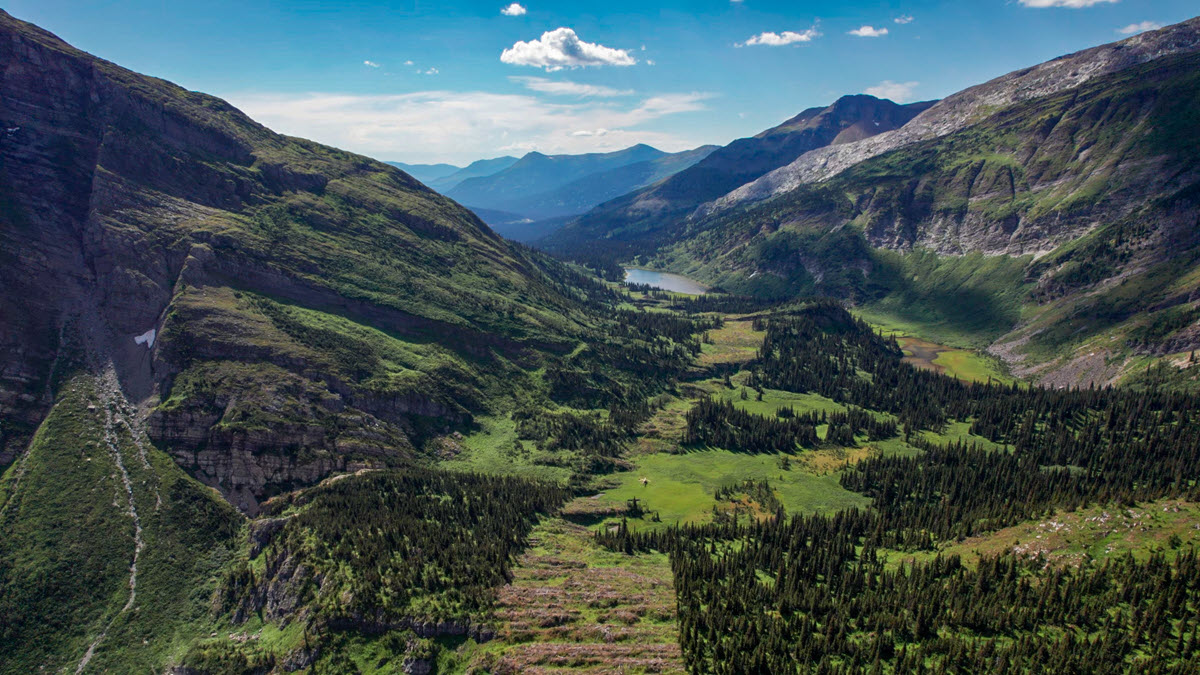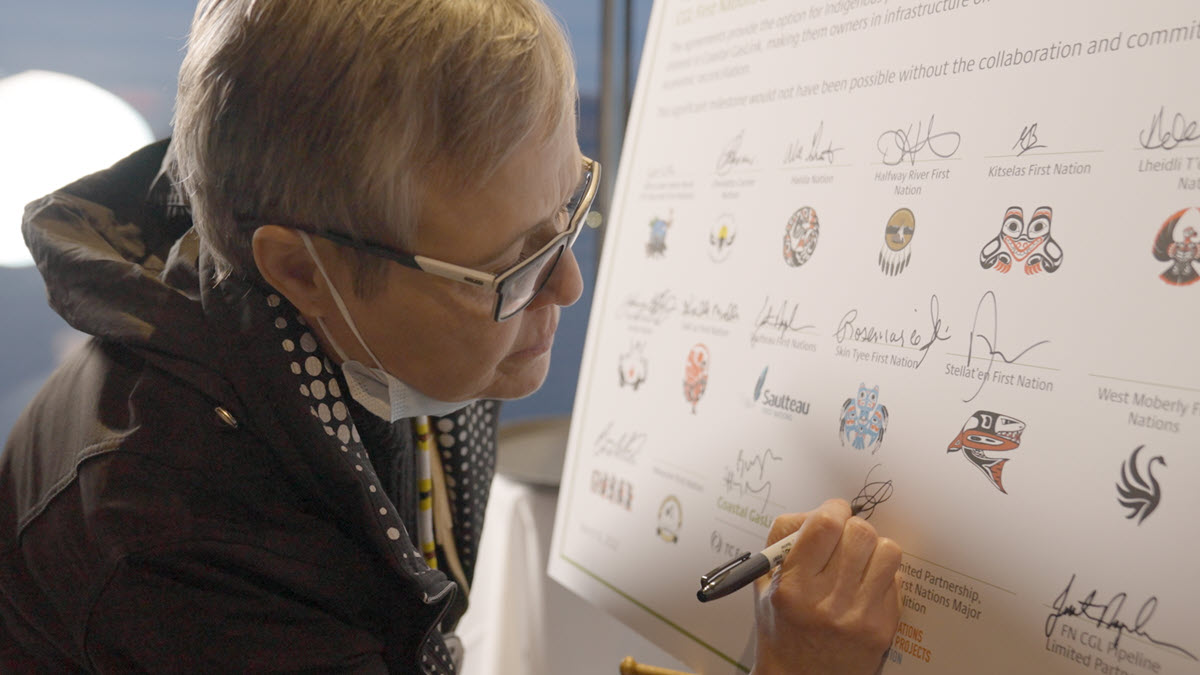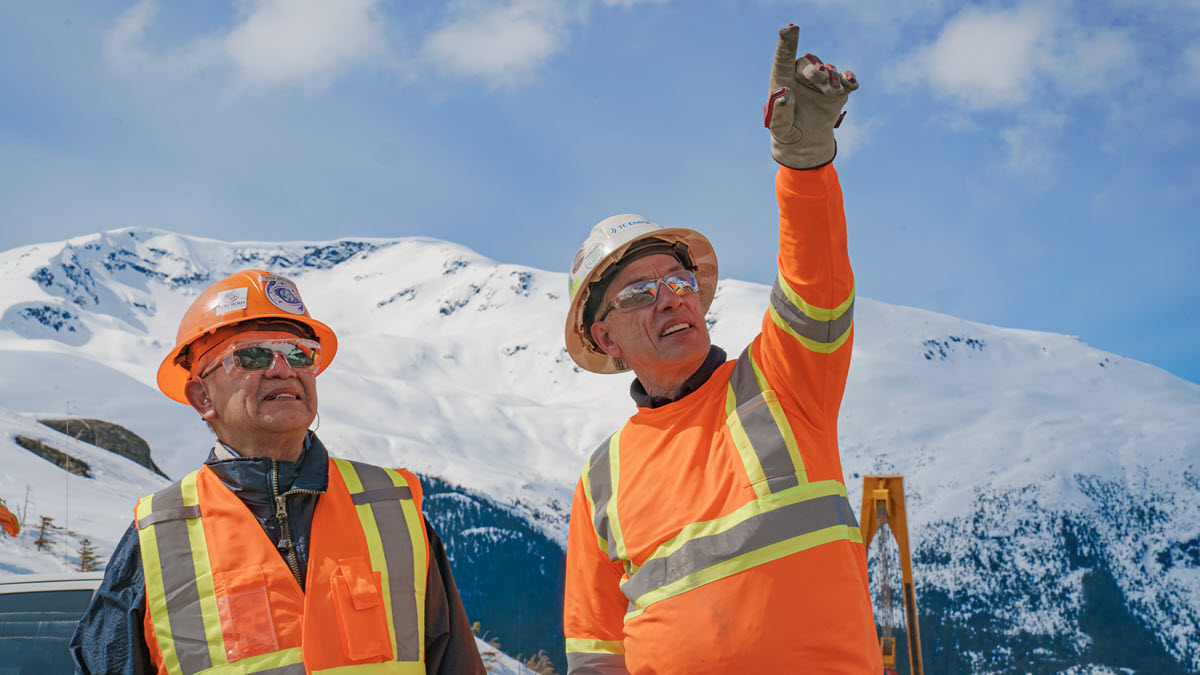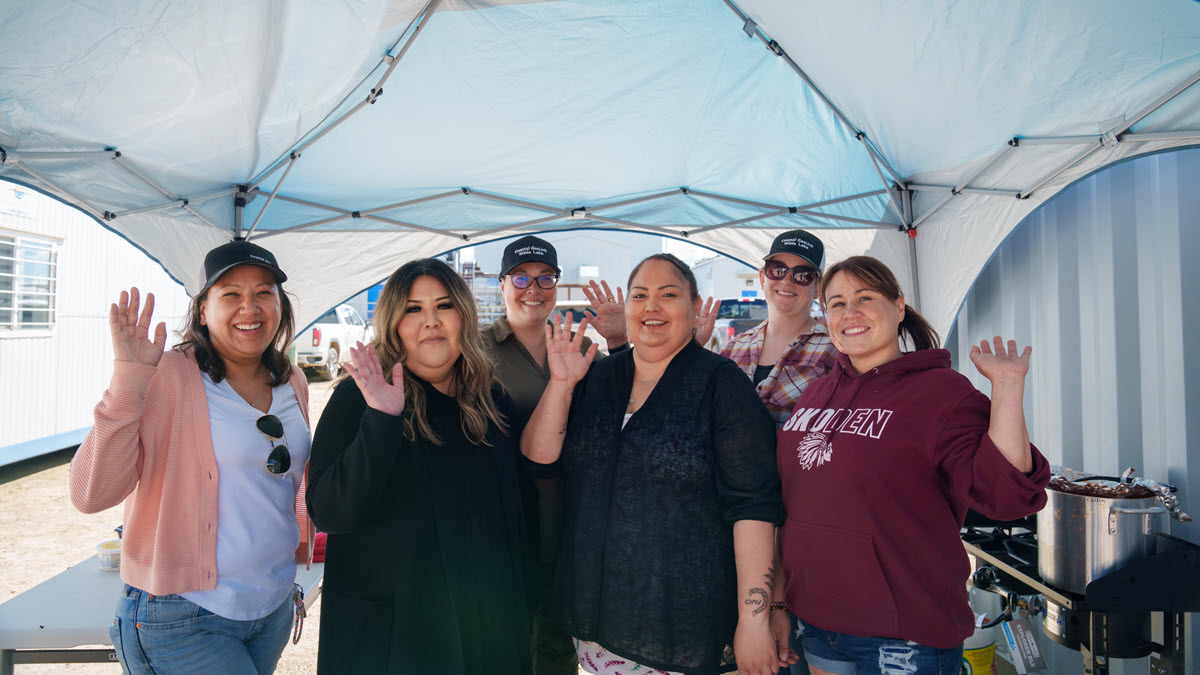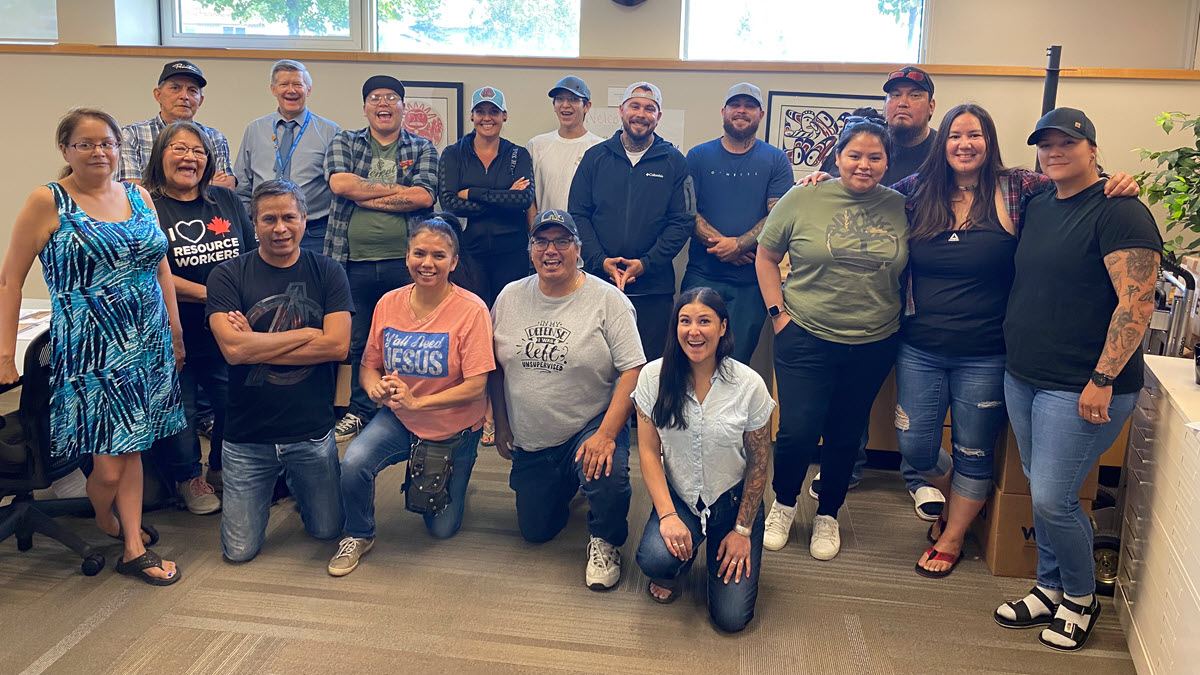Respecting our environment
Coastal GasLink is committed to meeting some of the highest standards in the world for safety and environmental protection throughout operations and potential future growth projects.
To help reduce our footprint and make informed decisions about Coastal GasLink, our team worked hard to proactively identify and mitigate potential issues. This means:
- Collecting information about the local environment and sensitive environmental features for construction planning and identifying appropriate measures to mitigate potentially adverse effects.
- Conducting field studies to gather details about heritage resources, vegetation, wetlands, soil, wildlife and aquatic habitats.
- Engaging with Indigenous communities to collect Traditional Land Use information and Traditional Ecological Knowledge and to learn about potential concerns and issues.
- Designing our construction and operating footprint to reduce effects on sensitive environmental features and traditional use areas.
Working with Indigenous groups
Over several years, we met with Indigenous Nations along the route to understand their concerns, values and interests before we ever designed the project. These conversations and engagements led to meaningful, mutually beneficial agreements between the project and all twenty elected First Nations communities across the right-of-way.
During the construction of Coastal GasLink over $1.4B in sub-contracts were awarded to local Indigenous businesses. Many of these businesses represented joint ventures between existing local non-Indigenous businesses and Indigenous communities.
In 2022, TC Energy signed option agreements to sell a 10 per cent equity interest in Coastal GasLink to Indigenous Nations along the project route. This historic opportunity is an important step on the path to true partnership through equity ownership in the Project.
Long before construction began, we made collaboration and community feedback a priority. That feedback drove the development of vital programs such as the Construction Monitoring and Community Liaison (CMCL) Program and the Community Workforce Accommodation Advisor (CWAA) Program.
Construction Monitor and Community Liaisons
The CMCL program provides opportunities for Indigenous members to participate in construction within their traditional territory for the purposes of observing, recording and reporting on construction activities to their communities.
The program was initially intended to end once the project achieved mechanical completion. Based on feedback from CMCL Advisors and their Indigenous Nations, we adjusted it to ensure Advisors can monitor construction until final clean up in their traditional territory.
Community Workforce Accommodation Advisors
A first-of-its-kind program, CWAA’s helped foster inclusive workforce accommodations by promoting the rich cultures and traditions of Indigenous communities.
CWA Advisors organized programming for the workforce to support mental wellness, cross-cultural sharing and community connection.
The CWAA Program ended in November 2023 when the lodges closed. We appreciate the many contributions the CWA Advisors have made and will continue to incorporate best practices and feedback when planning for future projects where Indigenous monitoring programs will be implemented.
